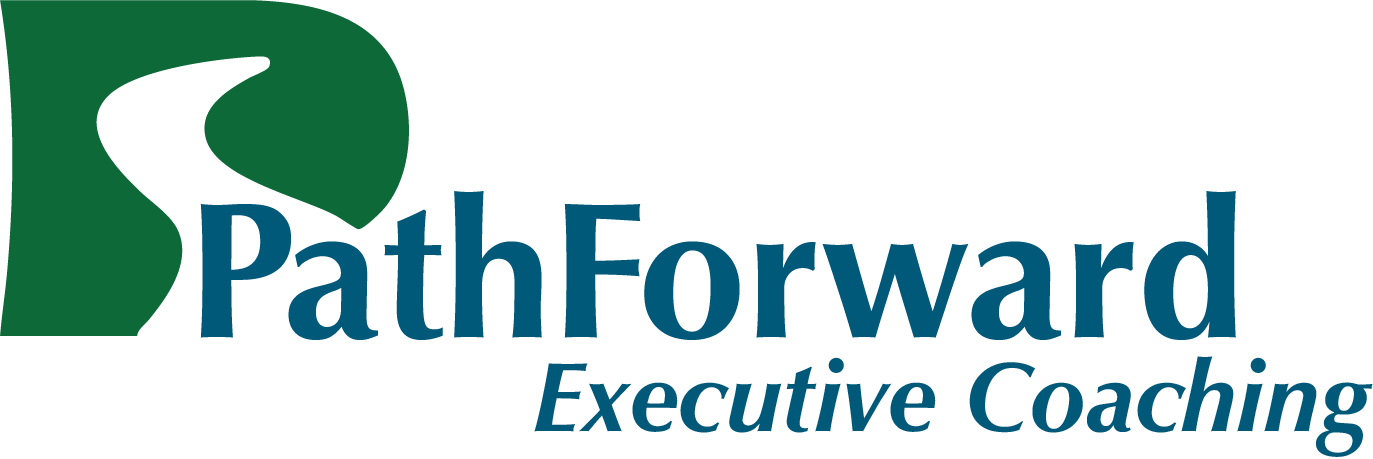The Missing Piece in Law Firm Talent Strategy: Partner Development
Many law firms follow a similar roadmap for talent success: develop associates into partners—and trust that the rest will figure itself out. Partners are expected to perform and lead the firm forward, yet too often they’re left without the support they need to do so. While associates benefit from structured development programs, mentoring, feedback loops, and a clear path for growth, many partners step into their new titles and leadership roles without the resources to succeed. This article explores the unintended consequences of that gap—and what law firms can do to change it.
Law firms invest heavily in associate development. It’s baked into the model: take promising law school graduates and teach them how to practice—how to translate theory into advocacy, navigate client needs, manage partner expectations, and build sound technical skills. It’s structured, supported, and deliberate. There are training programs, mentoring initiatives, skill-building workshops, and coaching interventions. There are performance reviews and goal-setting conversations. The goal is clear: grow and develop toward partnership.
Once that goal is achieved, however, much—if not all—of that structure disappears.
For many new partners, the support that guided their growth for years vanishes overnight. While there may be a scattering of business development training, there’s often no formal infrastructure for continued growth, especially as it relates to leading others. Feedback dries up. Structured support evaporates. The scoreboard becomes the only real indicator of success—origination, realization, billable hours. And as many partners have shared with me over the years, even that data can feel opaque or incomplete.
The unintended message to partners? You’ve arrived. You’ve made it. No more development needed—just focus on originating business and generating revenue.
We would never tell associates that growth ends at partnership. And yet, too often, we behave as if it does. And in doing so, we risk undercutting the very performance we need most—from the people expected to lead our firms forward.
I recently joined a discussion hosted by a group of professional development leaders from across the legal industry—CHROs, CLOs, PD Directors, and Learning & Development Managers. One thing was clear: this issue is a priority at many firms. Across the board, firms are beginning to ask important questions about what it means to support their partners—beyond the bottom line. One thing that was unclear: what to do about it.
Several themes emerged in that conversation:
Partners are asking for support. Many wonder, “What does success look like now?” The skills that earned them partnership don’t always translate to leading a team, running a practice, or growing a client base.
Partners want feedback. Without formal reviews or meaningful conversations, it’s hard to know how their performance is perceived. “How do I know if I’m doing well?” is a real and persistent question.
Partners want to keep growing. Like any ambitious professional, most don’t see partnership as the end of their development—but they often don’t know where to go for the next level of support.
This presents a powerful opportunity.
By identifying the core skills and behaviors expected of partners—and intentionally investing in those areas—firms can reframe the partner experience. They can build structures for continuous learning, create clarity around expectations, and offer coaching or feedback loops that help partners perform at their best.
The impact? Better leaders. More effective teams. Greater alignment. And yes—stronger client service and business results.
This isn’t just about supporting individuals. It’s about building firms equipped to grow, adapt, and lead in a constantly evolving market.
Questions to Consider
If you're reading this, consider reflecting on the following:
What message does your firm send to its partners (and future partners)—explicitly or implicitly—about growth and development?
How are you supporting partners who are leading teams, offices, or client relationships?
What would it look like to introduce structure, feedback, and leadership support into the partner experience?
Even small steps can have a big impact. Partners deserve more than a title—they deserve the support to lead with confidence and clarity.
Interested in doing more?
If you’re exploring these questions, I’d love to connect. I help law firms create meaningful growth opportunities for partners—focused on leadership development, feedback, and long-term effectiveness. Let’s talk about what that could look like at your firm.
